
Composting
Composting is an excellent way to contribute positively to the environment by recycling organic waste from your kitchen and garden. This waste would otherwise end up in landfills, negatively impacting the environment. Here are some key benefits of composting:
Soil Nutrients and Structure: Composting adds vital nutrients back into the soil, improving your plants growth. Having healthy soil structure and texture will help retain moisture further helping plant growth. This also makes soil more stable and less prone to erosion. This is particularly important for sloped areas.
Environmentally friendly: Disposing of compost materials in a healthy way for the environment reduces the amount of waste heading to the landfills. Having your own compost will help to decrease methane gas. The organic matter in compost binds carbon, preventing it from being released into the atmosphere as carbon dioxide. It also helps create a closed-loop system, where waste is transformed into a beneficial product, reducing the need for external inputs.
Beneficial Microorganisms: Compost fosters a diverse community of microorganisms such as bacteria, fungi, and earthworms. These organisms help break down organic matter and enhance soil health. A diverse microbial population in compost can outcompete harmful pathogens, reducing the risk of plant diseases.
Reduces the Need for Chemical Fertilizers: Adding compost to your garden can reduce or eliminate the need for synthetic fertilizers. Compost provides a slow-release source of nutrients that plants can absorb over time.
Quality Control: When you make your own compost, you have control over the ingredients and the composting process. This ensures that your compost is free from harmful contaminants and pests. By using organic materials from your own garden and kitchen, you minimize the risk of bringing in soil or compost from external sources that might be contaminated. This is especially important in our area at the moment as we’re dealing with introduced species like jumping worms.
Promotes Biodiversity: Composting can support a diverse range of plant and animal species in your garden. The rich, nutrient-filled compost can create an inviting habitat for various beneficial insects, birds, and other wildlife, contributing to a balanced and thriving ecosystem. In our area, the compost is a popular habitat for salamanders, much to everyone's delight. We’ve also found some interesting species using the wood of our compost for their life cycle changes.
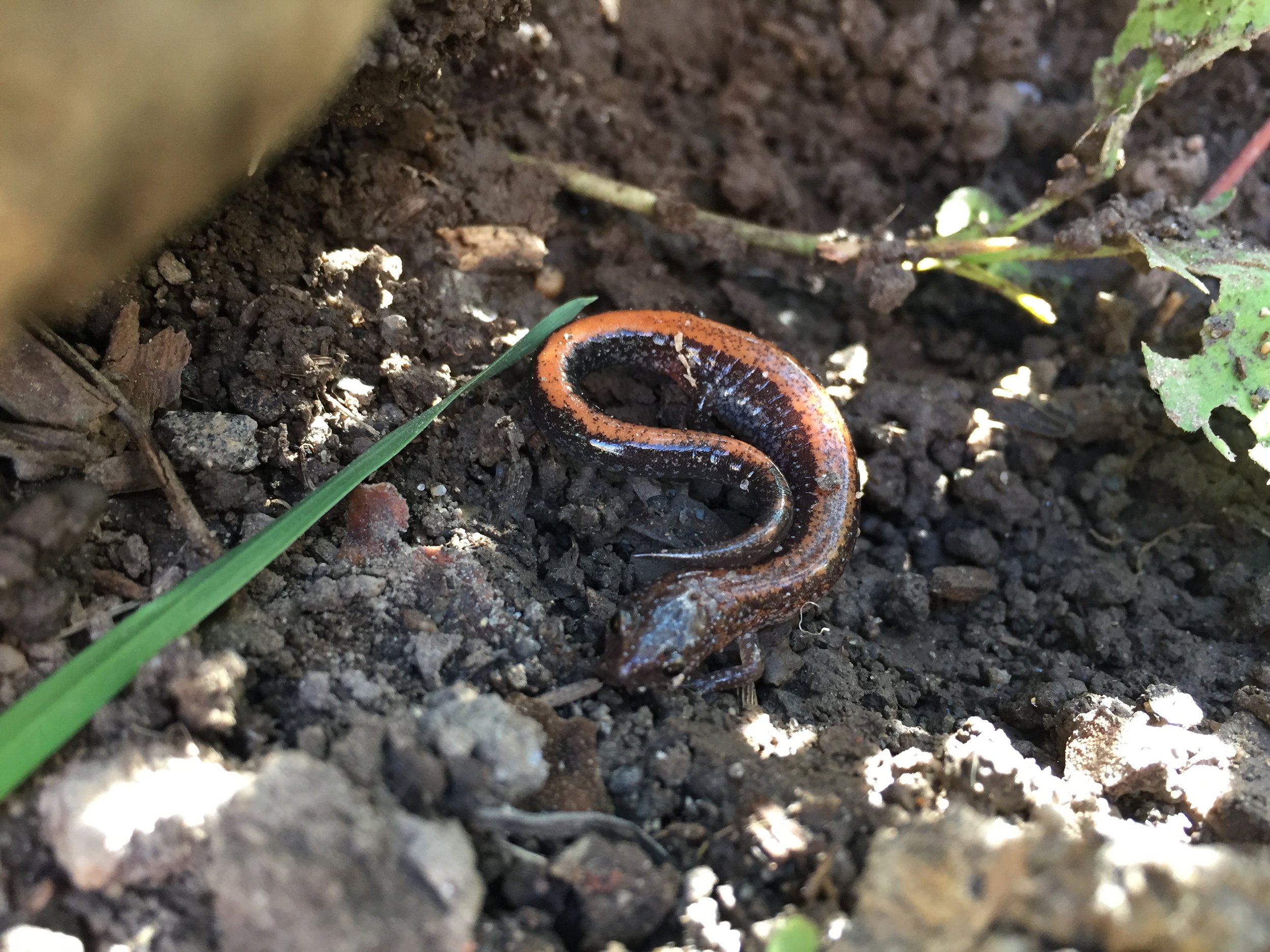
Eastern Red-backed Salamander
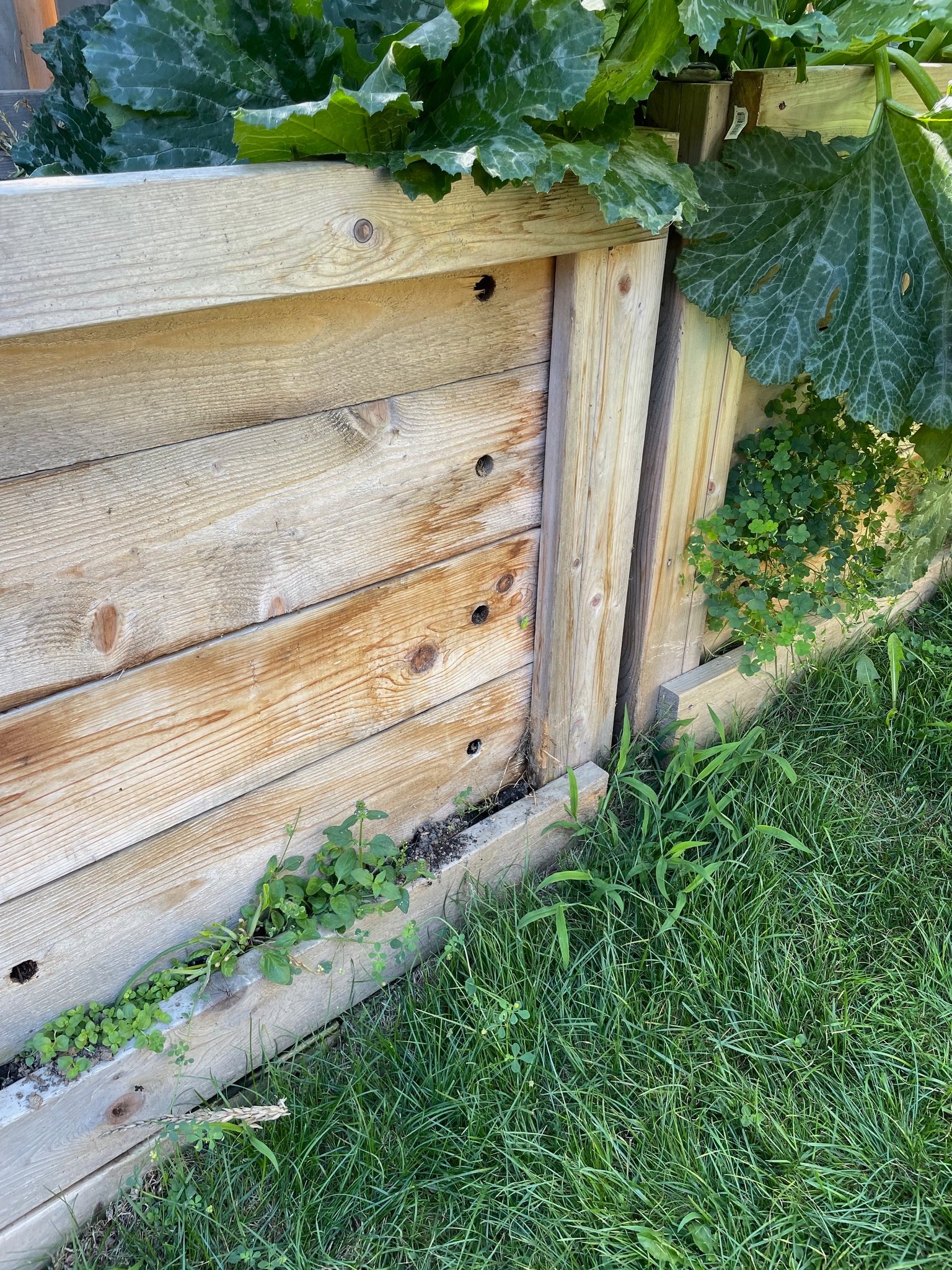
Black Swallowtail Pupa
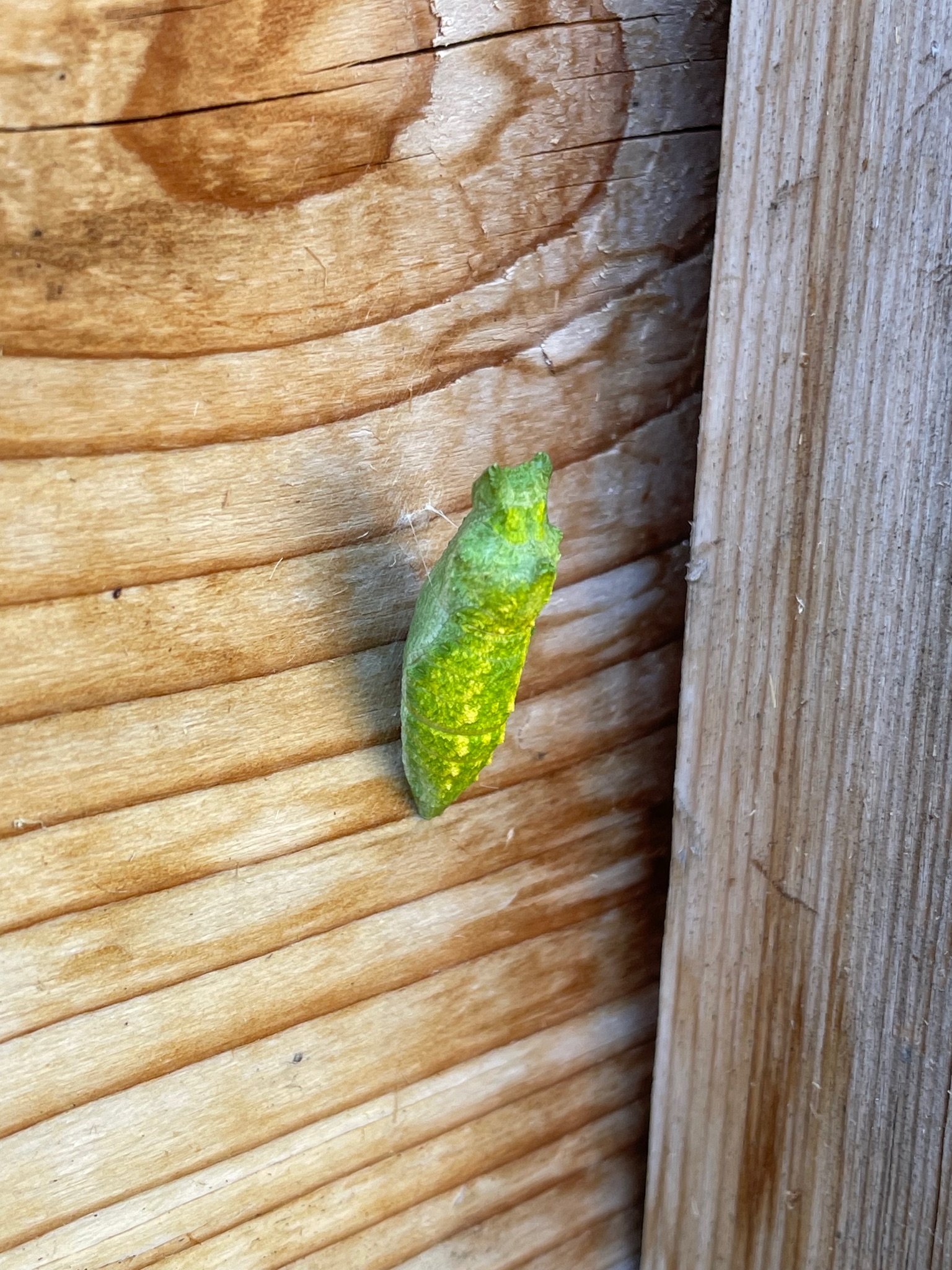
Black Swallowtail Pupa
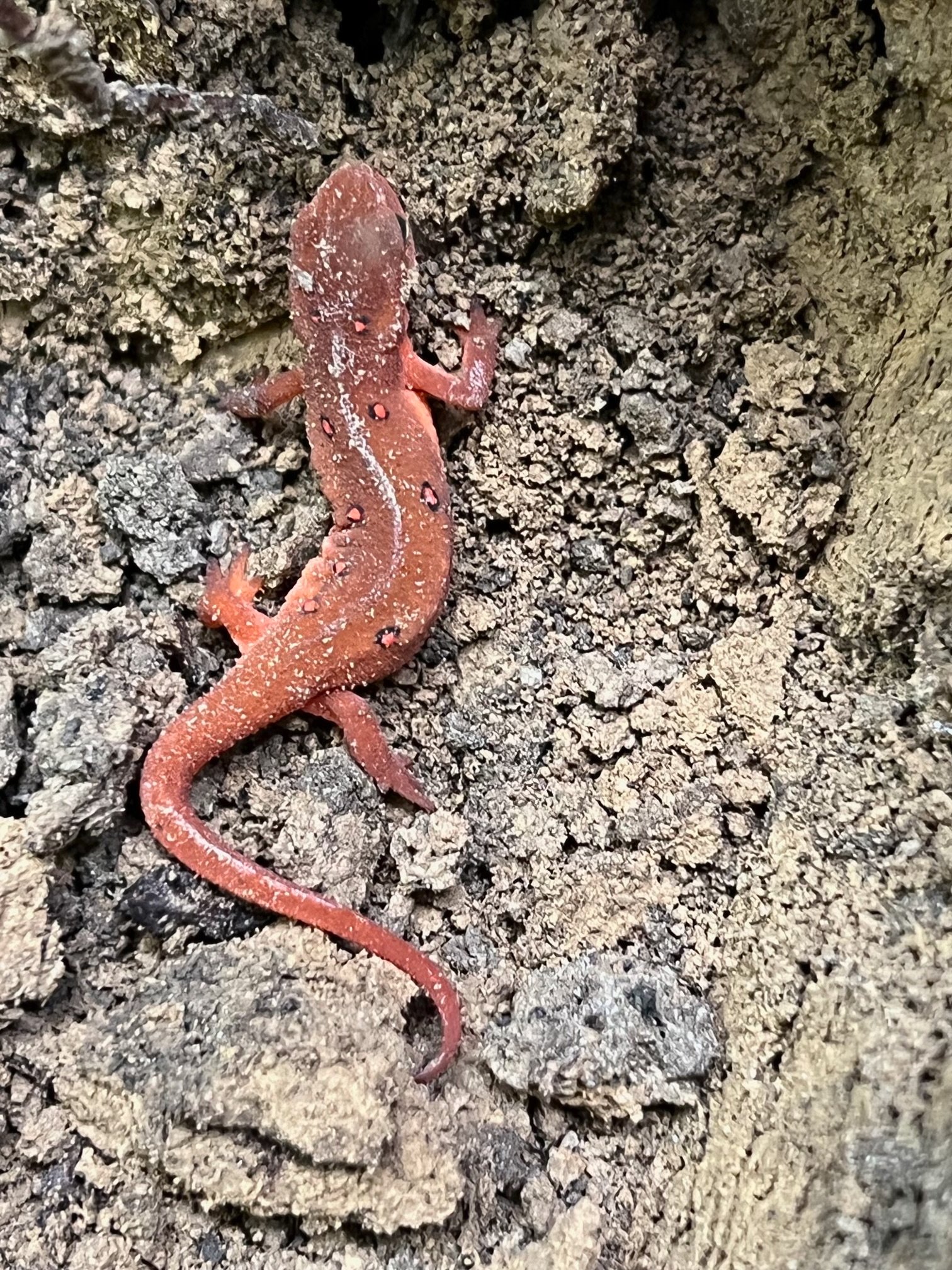
Eastern Newt
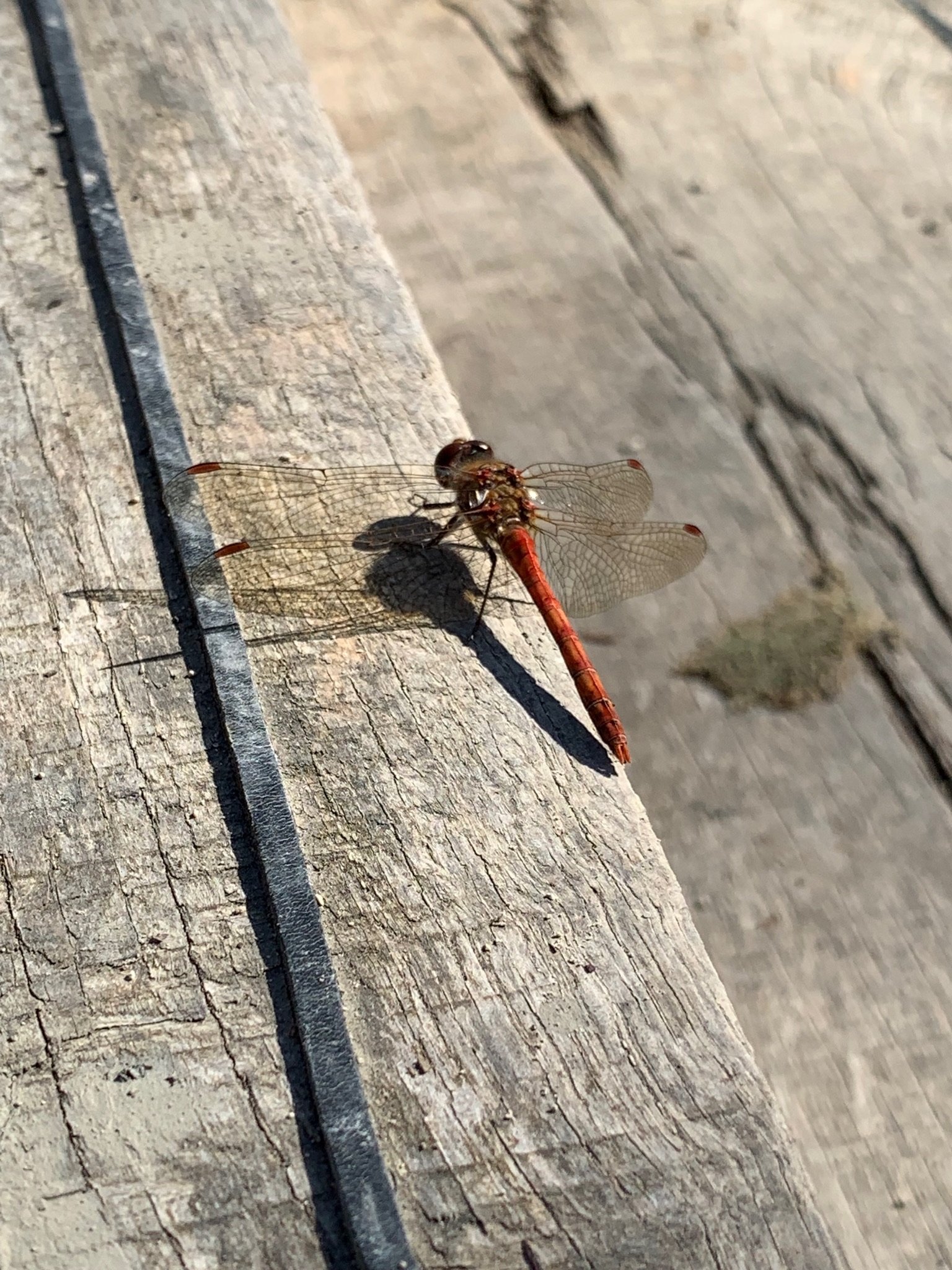
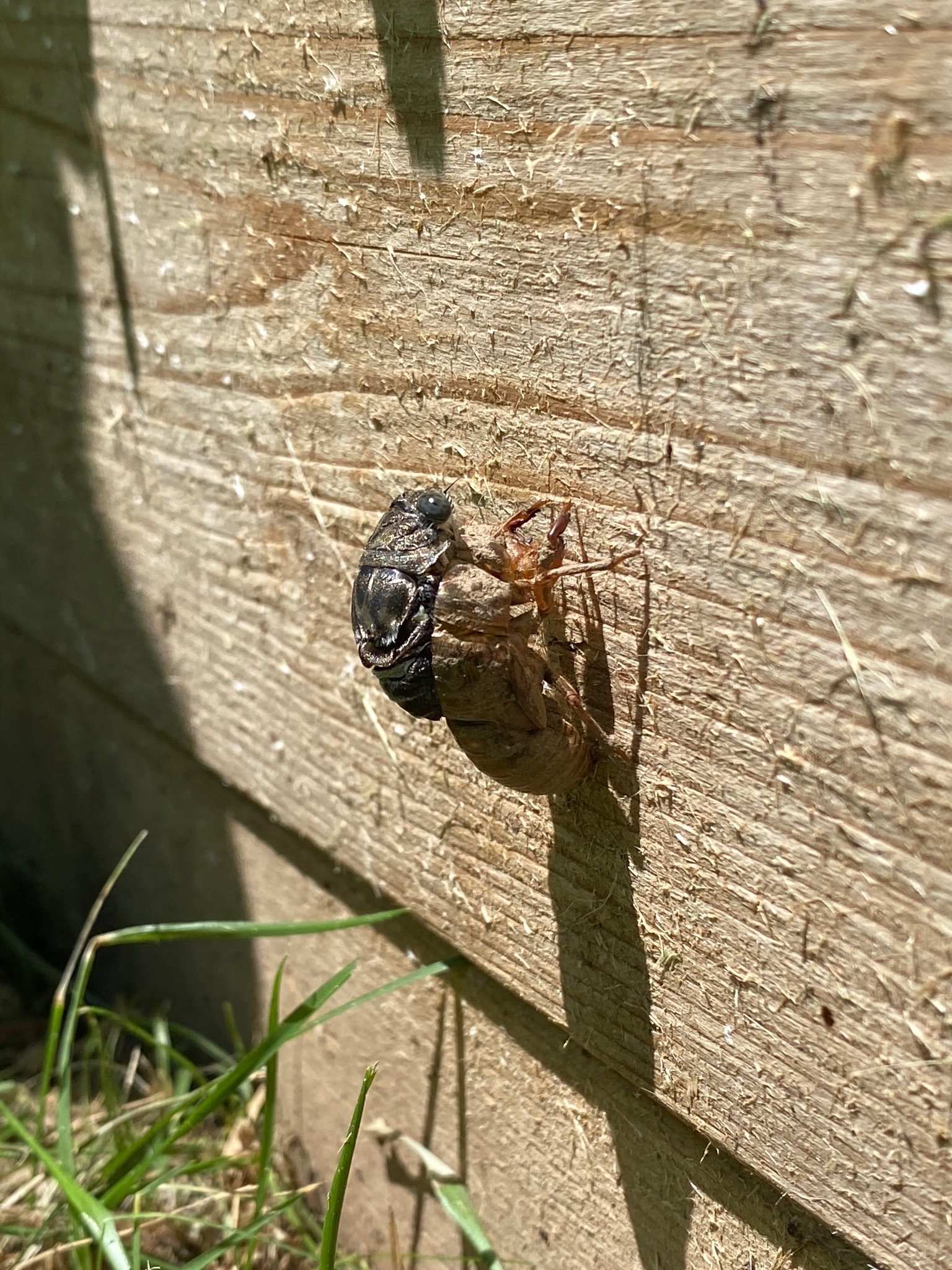
Northern Dog-day Cicada



